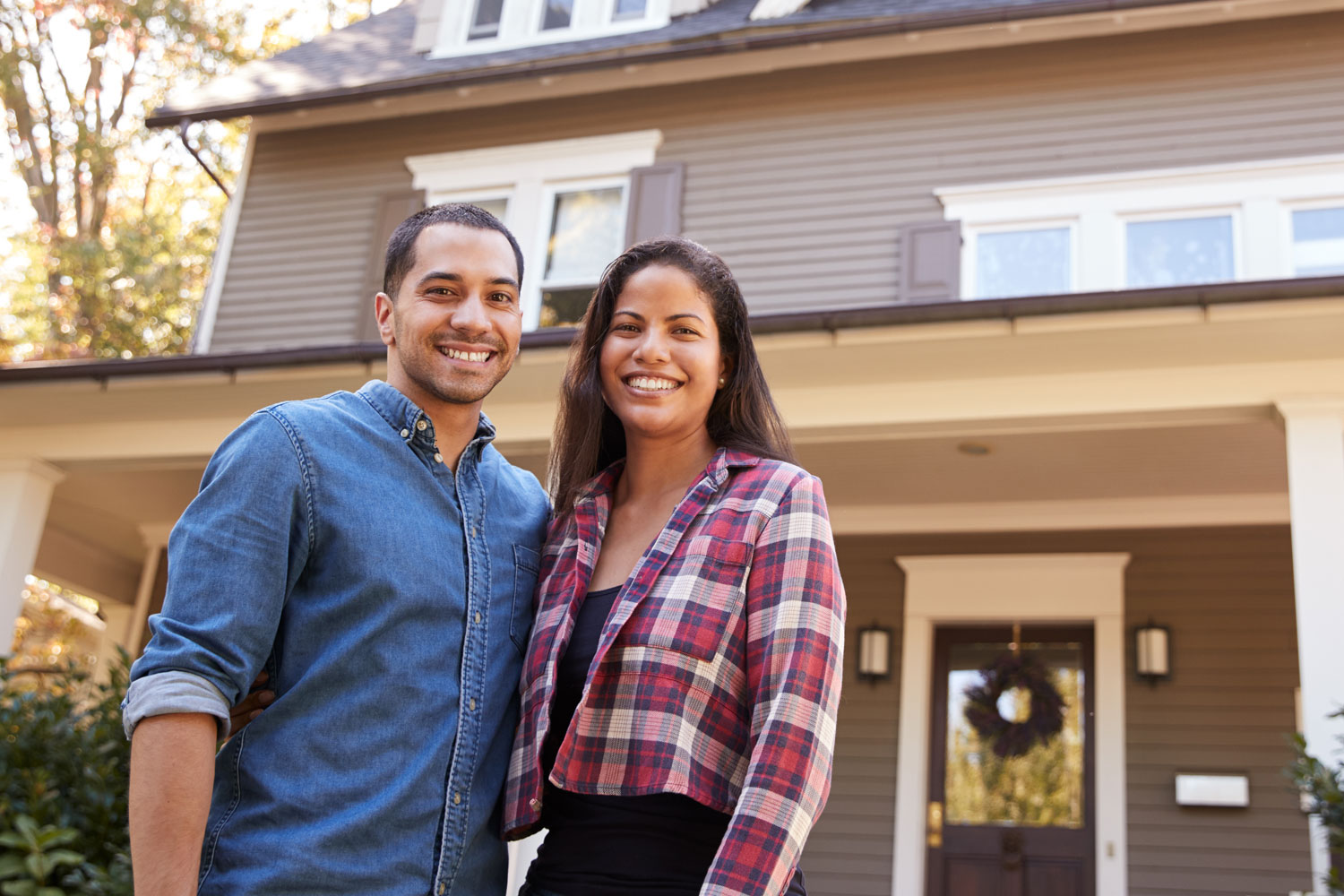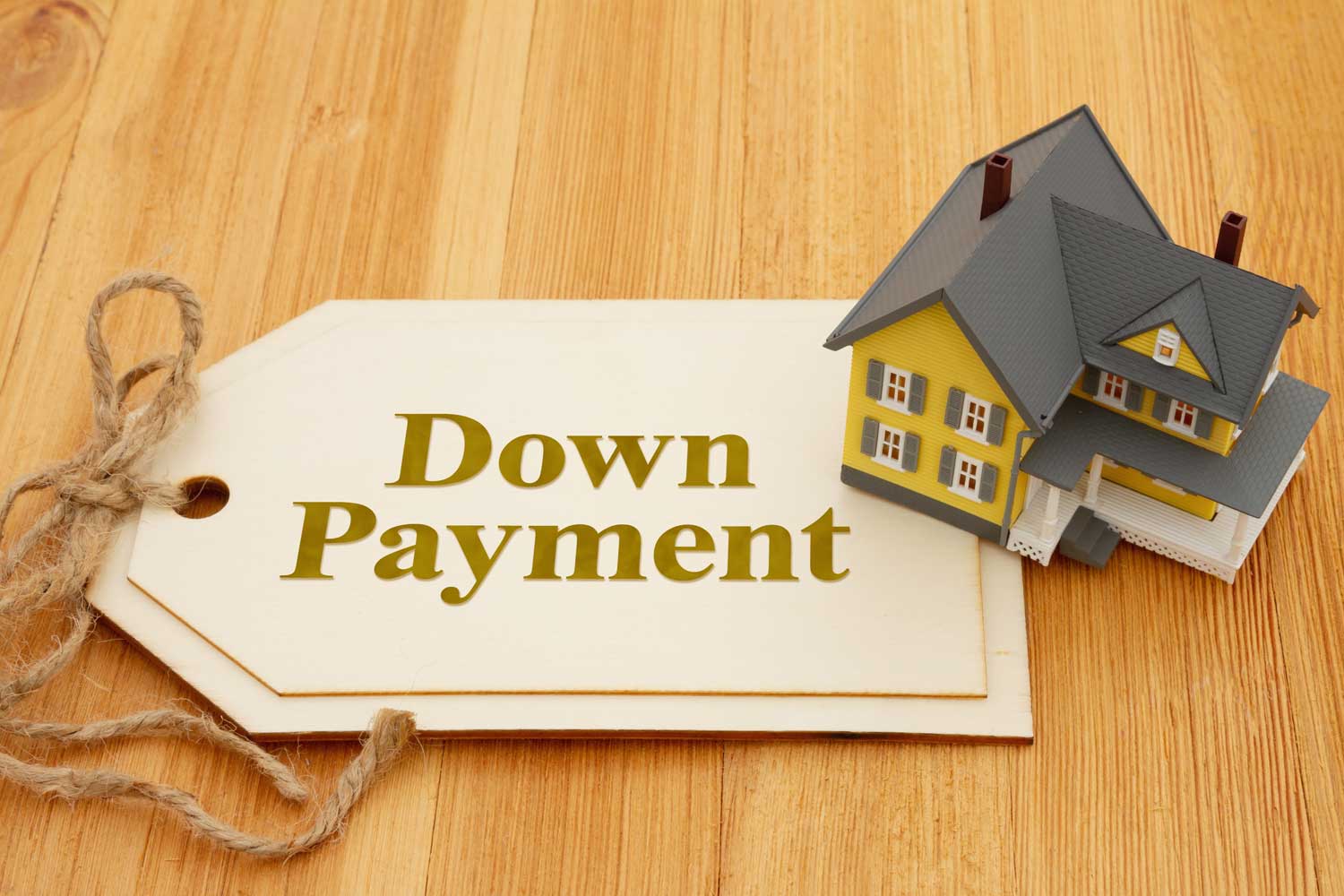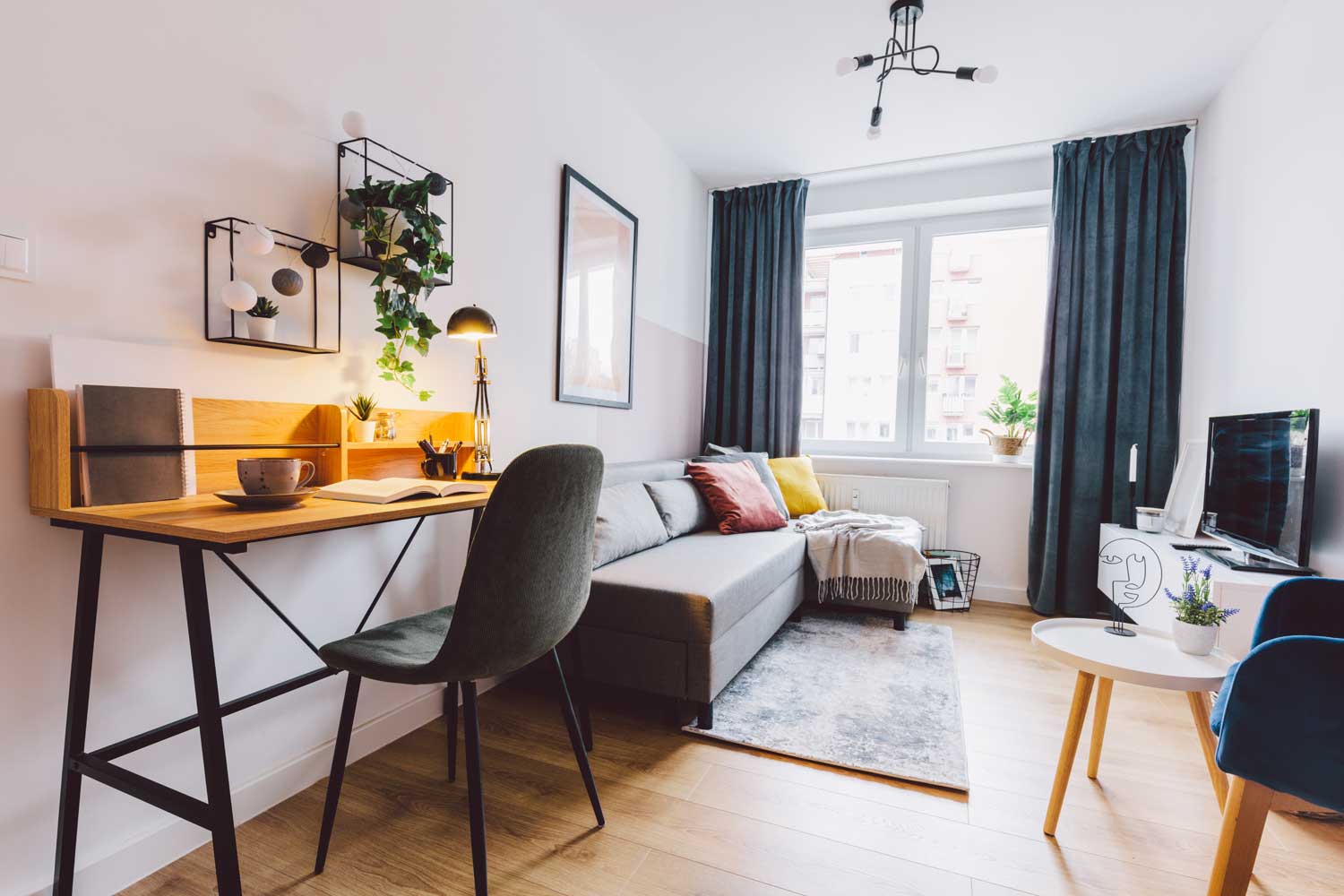Buying a home is a significant milestone that requires careful planning and a step-by-step approach. Whether you’re a first-time homebuyer or a seasoned property investor, these 11 essential steps will help you navigate the home-buying process with confidence and ease.
What is a first-time homebuyer?
A first-time homebuyer is an individual who has not owned a primary residence in the past three years. This definition can vary slightly depending on location and specific programs.
Why should I consider buying a home for the first time?
Owning a home can be a good investment, provide stability, and offer potential tax benefits. It also allows you to build equity over time.
How do I know if I’m financially ready to buy a home?
Assess your financial readiness by considering factors like your credit score, debt-to-income ratio, savings for a down payment, and ability to cover ongoing expenses such as mortgage, insurance, and property taxes.
What’s a down payment, and how much do I need?
A down payment is an upfront payment made when buying a home. The amount varies but is typically between 3% to 20% of the home’s purchase price. Some programs may offer lower down payment options for first-time buyers.
What is a mortgage, and how does it work?
A mortgage is a loan used to buy a home. You borrow money from a lender and repay it over time with interest. The interest rate and terms (e.g., 15 or 30 years) can vary.
How can I improve my credit score before buying a home?
Pay bills on time, reduce outstanding debt, and review your credit report for errors. Avoid taking on new debt and keep credit card balances low.
What’s the importance of getting pre-approved for a mortgage?
Pre-approval gives you a clearer picture of your budget and shows sellers that you’re a serious buyer. It can also help you secure a better interest rate.
What should I look for in a real estate agent?
Find an agent with experience in the area you’re interested in, good communication skills, and a track record of helping first-time buyers. Ask for referrals from friends and family.
What costs are associated with buying a home besides the purchase price and down payment?
Additional costs may include closing costs (e.g., title insurance, appraisal fees), homeowner’s insurance, property taxes, and ongoing maintenance and repairs.
What’s the difference between a fixed-rate and an adjustable-rate mortgage (ARM)?
A fixed-rate mortgage has a constant interest rate throughout the loan term. An ARM’s interest rate can change periodically, which can lead to fluctuating monthly payments.
Are there any government programs or incentives for first-time homebuyers?
Yes, various government programs, such as FHA loans, VA loans (for eligible veterans), and state-specific programs, offer benefits like lower down payments or reduced interest rates for first-time buyers.
What’s the importance of a home inspection, and should I get one?
A home inspection is crucial to uncover potential issues with the property. It can save you from unexpected expenses. It’s highly recommended for all homebuyers.
How do I negotiate the purchase price of a home?
Work closely with your real estate agent to assess the market, gather data on comparable home sales,
and make a reasonable offer. Negotiations typically involve counteroffers until an agreement is reached.
What happens at the closing of the home purchase?
Closing involves signing all necessary paperwork, paying closing costs, and officially transferring ownership. You’ll receive the keys to your new home at the end of this process.
What should I do after buying my first home?
Maintain and protect your investment by budgeting for ongoing expenses, building an emergency fund, and considering home improvements. Enjoy the benefits of homeownership!






